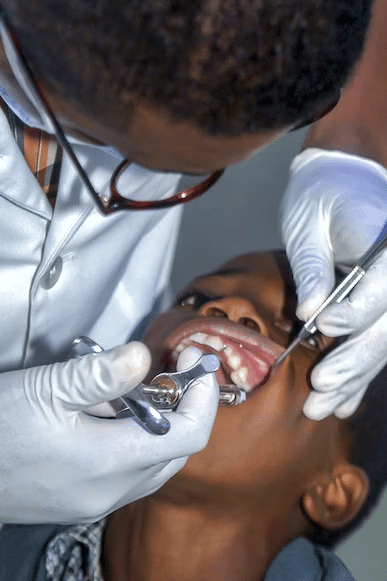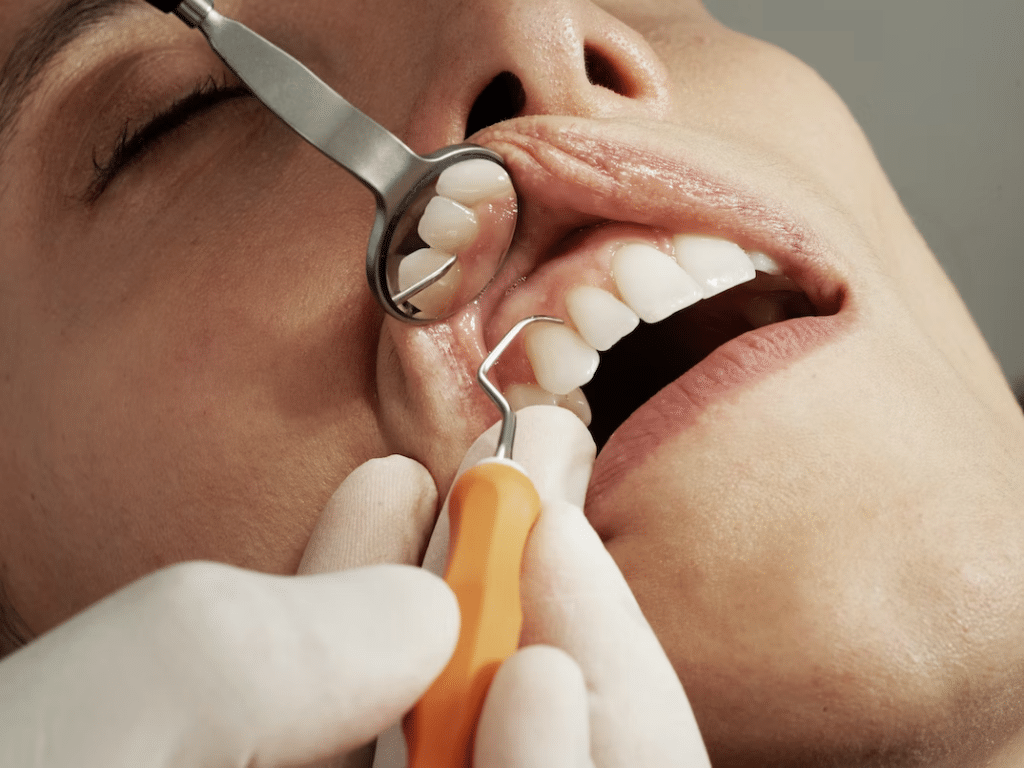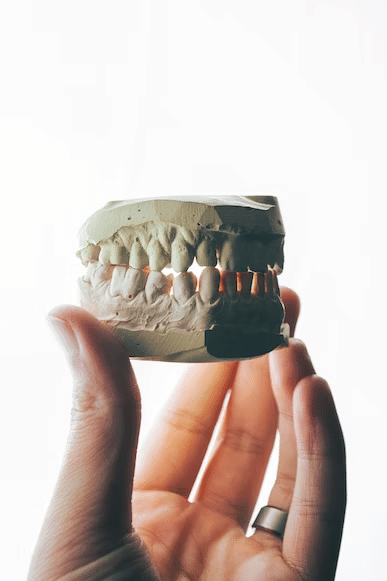Maintaining optimal oral health is vital to overall well-being, and regular dental cleanings are pivotal in achieving this goal. As individuals seek to prioritize their dental care, questions often arise regarding the duration of a dental cleaning appointment. Understanding the time commitment involved in this essential procedure can help patients better plan their schedules and make informed decisions about their oral health. In this article, we delve into the factors that influence the duration of a dental cleaning, providing a professional overview of the process. By shedding light on the various components involved and the average timeframes associated with each, we aim to understand how long a dental cleaning typically takes comprehensively. A dental cleaning, also known as prophylaxis, is a preventive dental procedure that involves the removal of plaque, tartar, and stains from the teeth. It is integral to maintaining optimal oral health and preventing dental issues such as cavities, gum disease, and bad breath. You might be thinking, "I brush and floss regularly, so why do I need a dental cleaning?" Well, here's the thing: no matter how diligently you care for your teeth at home, some areas are challenging to reach with a toothbrush and floss alone. A dental cleaning allows a dental professional to clean those hard-to-reach areas thoroughly, ensuring that your teeth and gums stay healthy and problem-free. Let's take a moment to appreciate the incredible benefits that come with regular dental cleanings: Now that we understand the significance of dental cleanings let's dive into the typical steps involved in this essential procedure. While the exact process may vary slightly depending on the dental office and individual needs, here's a general overview of what you can expect during a dental cleaning: Before dental cleaning, the dental team may take X-rays of your teeth and jaws. These images provide valuable insights into your oral health, helping to identify any underlying issues that may require attention. Scaling is the superhero of dental cleanings. Using specialized tools, the dental hygienist skillfully removes plaque and tartar from your teeth and along the gumline. It's like a thorough spring cleaning for your smile, ensuring no stubborn buildup is left behind. After scaling, it's time for a bit of polishing. The dental professional will use gritty toothpaste, a rotating brush, or a high-powered electric brush to polish your teeth gently. This step removes surface stains and leaves your teeth feeling smooth and fresh. Flossing is an essential part of any dental cleaning. The dental professional will carefully floss between each tooth, removing plaque and debris from the tight spaces that toothbrush bristles can't reach. It's like brushing your teeth thoroughly, ensuring every nook and cranny is free from harmful bacteria. While dental cleanings are generally efficient and time-effective, there are instances where they may take longer than usual. Let's explore some common reasons why a dental cleaning might require additional time: If it has been a while since your last dental cleaning or if you have difficulty maintaining a consistent oral hygiene routine, plaque buildup can become a significant challenge. The dental professional may need extra time to thoroughly remove all the accumulated plaque, ensuring that your teeth are cleaned to the highest standard. If you have gum disease or other periodontal issues, a dental cleaning may take longer due to the need for additional care. Treating gum disease requires meticulous scaling and root planing to remove bacteria and smooth the root surfaces. While these procedures are crucial for improving gum health, they may extend the duration of the cleaning. If you have dental restorations, such as crowns or bridges, or if you have complex dental issues, a dental cleaning may take longer to ensure that these areas are thoroughly cleaned and cared for. The dental professional will take the necessary time to clean around the restorations and address any specific concerns. Regular dental cleanings play a vital role in maintaining optimal oral health. As a general guideline, it is recommended to have a dental cleaning every six months. However, the frequency may vary based on individual needs and oral health conditions. Your dentist will evaluate your situation and recommend the ideal timing for your dental cleanings. At ARC Dental Health, we are committed to providing exceptional dental care, including thorough and efficient dental cleanings. When you choose us for your dental cleaning, you can expect: Let's address some frequently asked questions about dental cleanings: The duration of a dental cleaning can vary depending on various factors, such as the individual's oral health, the extent of plaque buildup, and any additional treatments required. Routine dental cleaning can take anywhere from 30 minutes to an hour. Dental cleanings are typically not painful. However, some individuals may experience mild discomfort or sensitivity during certain parts of the cleaning, especially if they have gum sensitivity or oral health issues. The dental professional will ensure your comfort throughout the cleaning process. Yes, you can eat after a dental cleaning. However, waiting for a short period before consuming any food or beverages is recommended. Our teeth tend to be sensitive to sugar when exposed to excessive amounts of sugar. This allows for any temporary numbness or sensitivity to subside, mainly if fluoride treatment is administered during the cleaning. Your dental professional will provide specific instructions based on your unique situation, ensuring that you have a comfortable and smooth transition after your dental cleaning. Regular dental cleanings are essential for maintaining optimal oral health. It is generally recommended to schedule a dental cleaning every six months. However, the frequency may vary depending on individual factors such as oral health conditions, medical history, and your dentist's recommendation. Conclusion: Your Path to a Healthy Smile You now understand how long dental cleanings take and their importance in maintaining optimal oral health. At ARC Dental Health, we are dedicated to providing exceptional dental care, including thorough and efficient dental cleanings tailored to your needs. Our experienced dental professionals, state-of-the-art facilities, and personalized approach ensure you receive the highest quality of care in a comfortable and welcoming environment. We prioritize oral health and are committed to helping you achieve and maintain a healthy smile you can proudly show off. So don't wait any longer—schedule your dental cleaning with ARC Dental Health today and embark on a journey toward a healthier, happier smile. Remember, your smile is our priority!
What is a Dental Cleaning?
Why is it Important?
The Benefits of Having Your Teeth Cleaned

Typical Steps of Dental Cleaning
X-Rays
Scaling
Polishing
Flossing
Why Might a Dental Cleaning Take Longer?
Plaque Buildup
Periodontal Issues
Dental Restorations or Complex Cases
When to Get a Teeth Cleaning
Teeth Cleaning at ARC Dental Health
FAQs

How long does cleaning teeth at the dentist take?
How painful is a dental cleaning?
Can I eat after a dental cleaning?
How often should I schedule dental cleanings?
